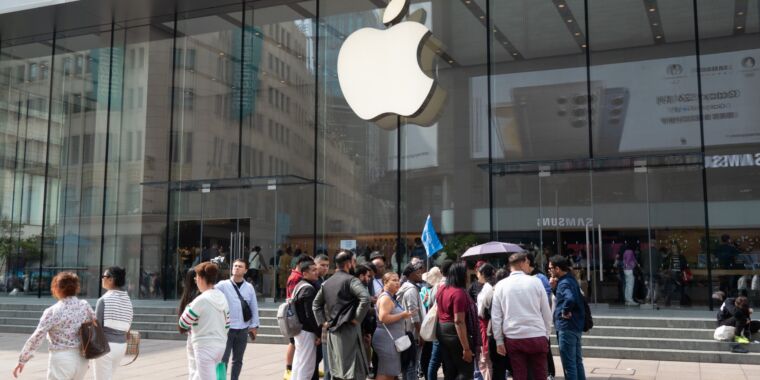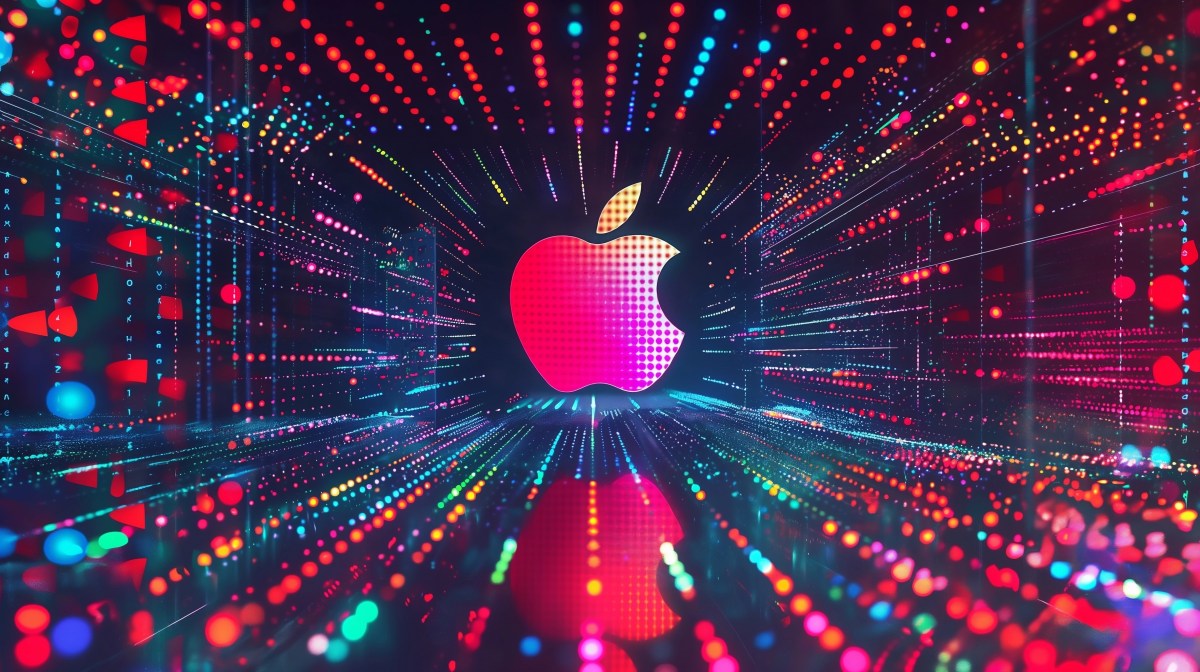Apple Complies with Chinese Government Orders to Remove Apps
Apple recently announced its compliance with orders from the Chinese government to remove popular apps owned by Meta, such as WhatsApp, Threads, Telegram, and Signal, from its App Store in China. This decision was made following directives from the Cyberspace Administration of China citing national security concerns.
Legal Obligations and Operational Compliance
In a statement quoted by several news outlets, Apple emphasized its commitment to adhere to the laws and regulations of the countries where it operates, even in instances where there may be disagreements. The removal of these apps was specifically requested by the Chinese government due to perceived breaches related to political content, including inflammatory references to Chinese President Xi Jinping.
Although these apps have been taken down from the China storefront, they continue to remain available for download in all other regions where Apple operates its App Store services.
App Availability and Market Impact
Following the removal of the aforementioned apps, popular Meta apps such as Facebook, Instagram, and Messenger continued to be accessible for iOS users in China. However, it is important to note that the four apps removed by Apple from the China store were not widely utilized in the country, where predominant messaging services like WeChat hold a significant market share.
These apps, along with many other foreign applications, are generally restricted on Chinese networks through the ‘Great Firewall,’ which serves as the country’s primary mechanism for online censorship. Users often rely on virtual private networks or proxy tools to access these applications within China.
US Legislative Developments and National Security Concerns
China’s stringent actions against foreign messaging apps coincide with ongoing debates in the United States regarding the possible ban or sale of the Chinese-owned social media platform TikTok. US lawmakers have raised concerns about national security risks associated with TikTok, citing potential data privacy breaches and the manipulation of public opinion by Chinese authorities.
Recently, the US House Commerce Committee passed a bill aimed at compelling TikTok’s parent company, ByteDance, to divest its ownership of the platform or face exclusion from the US market. Legislators are anticipated to conduct a formal floor vote on the TikTok bill in the near future.
Apple’s History of Compliance and Regulatory Conformity
This recent incident involving Apple’s removal of apps in China is not the first instance where the tech giant has been subject to compliance measures from Chinese authorities. In previous years, Apple faced criticism for censoring various applications, including newspapers, VPNs, and encrypted messaging services, as per directives from Beijing.
Furthermore, Apple’s decision to pull The New York Times app from its store in China back in 2016 underscores the company’s ongoing efforts to comply with local regulations. Despite these challenges, Apple continues to maintain a presence in China, including hosting Chinese citizens’ iCloud data within a domestic data center.
As global tech companies navigate complex regulatory landscapes across different regions, instances like these underscore the delicate balance between regulatory compliance, market access, and freedom of expression in an increasingly interconnected digital environment.
Image/Photo credit: source url





